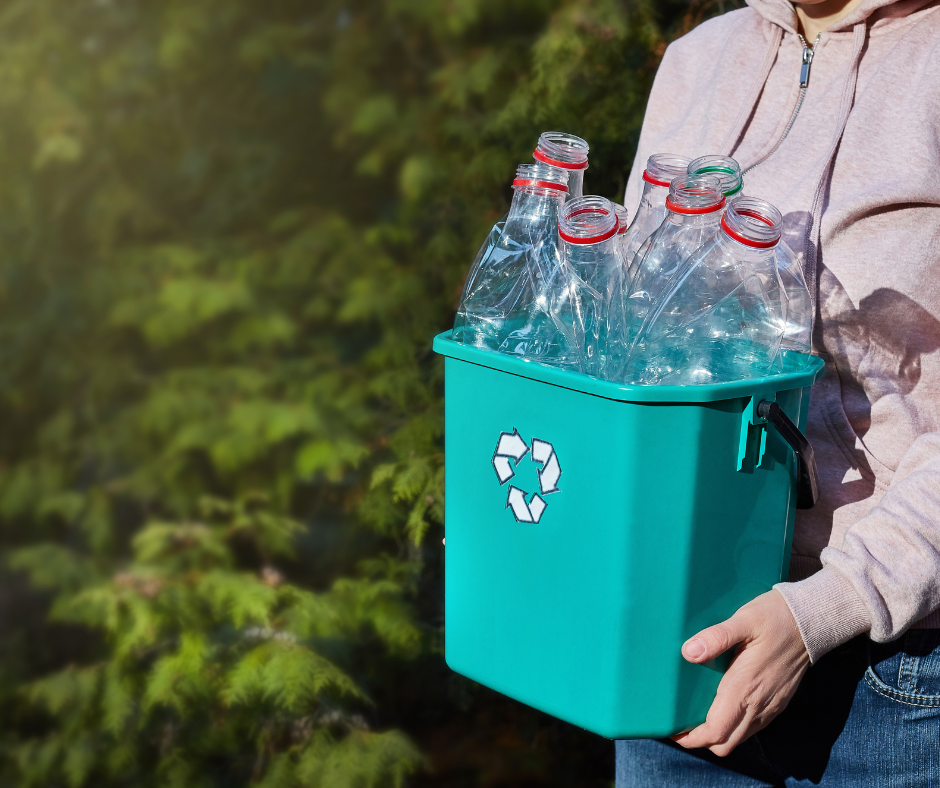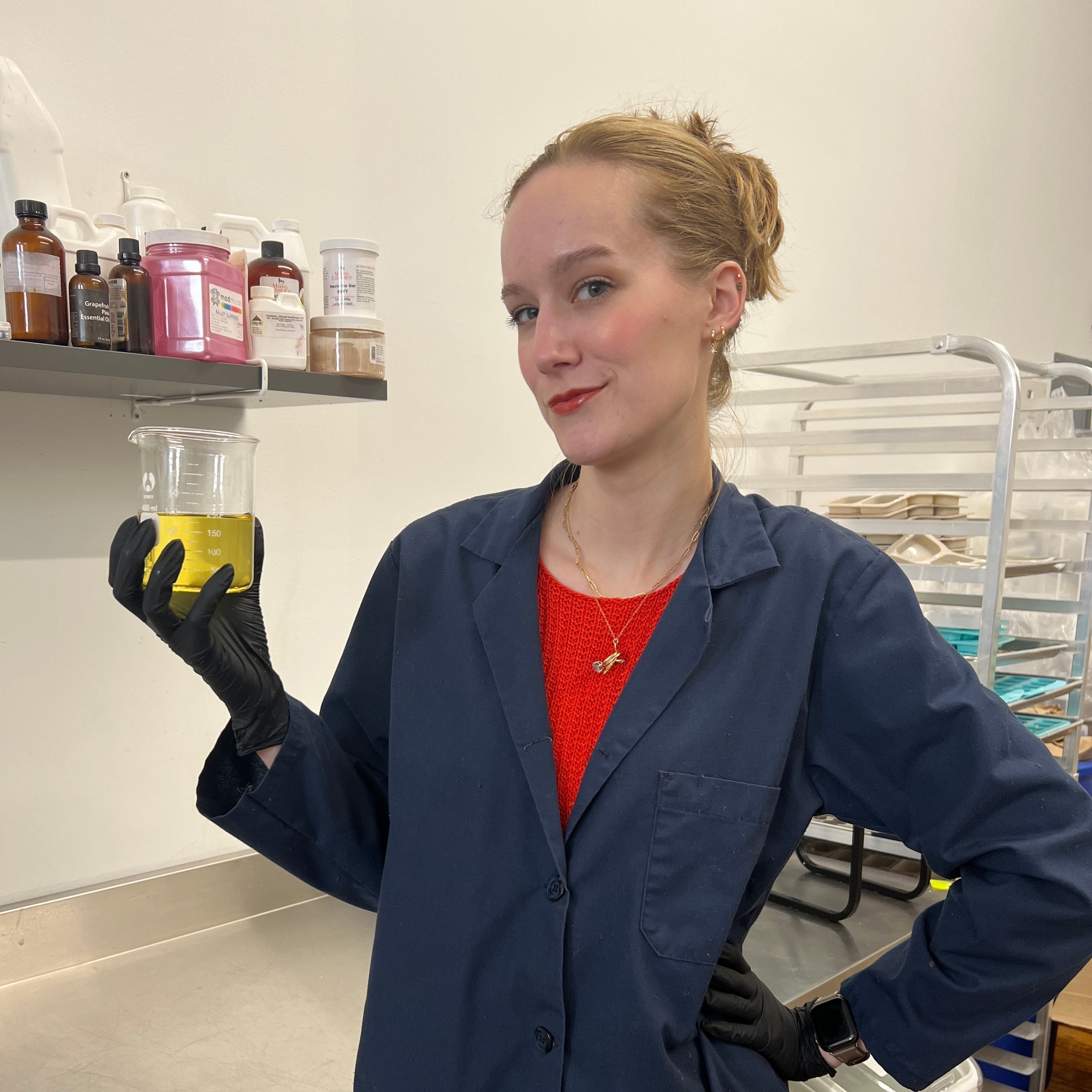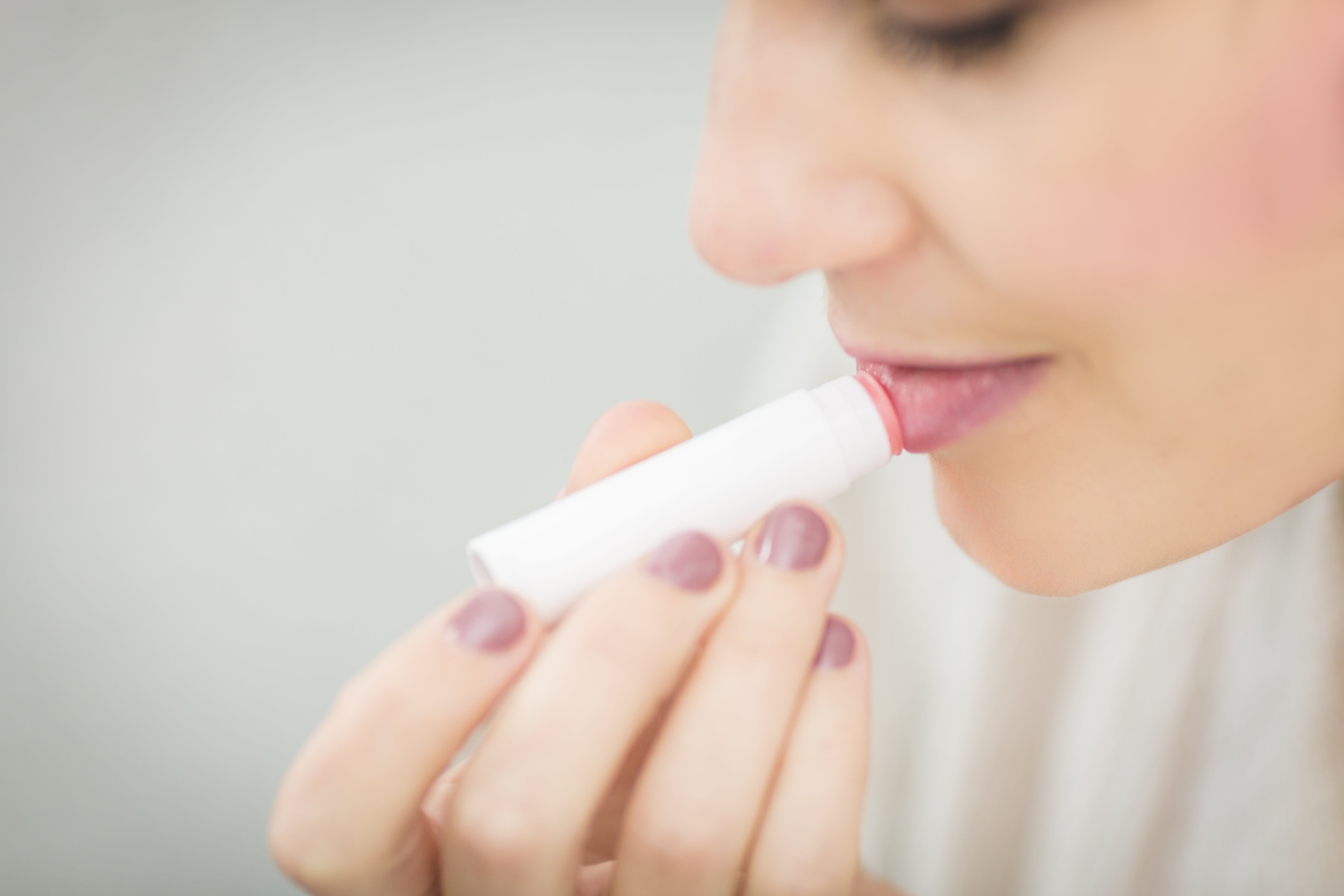Open-Loop Vs. Closed Loop Recycling: How Big Corporations Dodge Responsibility for Plastic Pollution

We’re just going to say it: recycling as we know it is never going to solve the plastic crisis, and we’re tired of big brands trying to convince us it is.
On the surface, it might seem like these corporations are making big moves to try and solve the issue of plastic pollution, but is the kind of recycling they’re promoting the kind of recycling that’s really going to solve the problem? Or is it just a form of greenwashing to distract us from the fact that they’re continuing to be the leading contributors to plastic pollution?
To answer this question, we first need to understand the difference between open-loop recycling and closed-loop recycling, and why these big corporations lean so heavily on the former in their marketing tactics.
Open-Loop Vs. Closed-Loop Recycling
When you toss plastic containers into your home recycle bin and put it out for curbside recycling, it goes to a recycling facility where it will be sorted and anything that actually can be recycled at that facility will then be downcycled to create new products.
This common way of recycling is a form of open-loop recycling. The problem is, plastic can’t be infinitely recycled.
In fact, a piece of plastic (if it’s even the kind of plastic that can be recycled) can usually only be recycled 2-3 times before it’s rendered unusable. So while companies might be touting recyclable packaging made from recycled plastic, that plastic is already nearing the end of its lifespan - and an inevitable journey’s end in a landfill somewhere.
These open-loop efforts certainly aren’t the answer we’re looking for: as it stands only about 9% of plastics actually get recycled, according to the EPA. We can confidently assume that plastic waste from the beauty industry specifically is getting recycled far less, given their commonly hard to recycle containers.
That’s why we rely more on a closed-loop system with our own product packaging.
Closed-loop recycling is a circular system that involves recycling the material back into the same product repeatedly; you’re using the same material over and over again without sacrificing quality. Glass and aluminum are good examples of this because they are infinitely recyclable, making them a much better choice over plastic when you’re purchasing beauty products.
That being said, because our single-stream recycling system isn’t really set-up to prioritize proper glass recycling here in America, even glass isn’t always getting properly recycled. Therefore, an even better system would be for brands to take ownership of their waste and offer a closed-loop system where they take back their trash for reuse, like our own Container Return Program.
The problem is, those big corporations don’t want to actually solve the problem, because that would require taking ownership for the billions of units of plastic they are putting out every year.
Instead, they hide behind clever marketing and point fingers at the consumer.
How Big Corporations are Hiding Behind Recycling Campaigns
As a sustainability focused brand, something that infuriates us beyond measure is the fact that big corporations - including the top plastic polluting corporations - are continuing to blame you for plastic pollution.
Recycling campaigns are one of the biggest ways these corporations are greenwashing; by leaning on anti-littering campaigns and partnering with private recyclers like Terracycle instead of collecting their own trash, they are shifting the responsibility from them (the ones making all the plastic products) to you, the consumer.
Global plastic pollution problem? According to these campaigns, it’s because people litter, not because giant corporations are creating the plastic in the first place.
But if we take it back to the origins of recycling efforts, it was actually mainly closed-loop systems. Plastic wasn’t mainstream yet, and even Coca-Cola (currently one of those top plastic polluting corporations) used to operate with a bottle deposit system, where consumers would return their glass bottles to be reused. Then plastic came into the picture in the 1950s - it was cheaper, lighter to transport, and suddenly Coca-Cola didn’t need to be responsible for its packaging anymore.
If anyone was worried about this onslaught of plastic from Coca-Cola and other companies making its way into landfill, those businesses had their own solution: Keep America Beautiful.
Who’s Behind Keep America Beautiful?
Keep America Beautiful (KAB) was a group founded in the 1950s to “support recycling infrastructure around the country” and led with various campaigns to encourage recycling and condemn littering, and coined the term “litterbug”. Sounds like a great cause on paper, but when we consider that it was founded in part by many of the leaders in plastic pollution like PepsiCo and the aforementioned Coca-Cola, it exposes itself as ironic at best.
Instead of fixing the issue at hand, these companies are able to shift the focus away from them and shine a spotlight on consumers. Nevermind the fact that Coca-Cola has self reported that it now makes 117 billion plastic bottles a year. How many of those bottles are actually getting recycled? We can’t know for sure, but if we return to that 9% figure we mentioned earlier, it doesn’t look good.
Meanwhile, the same companies partnered with Keep America Beautiful like Coca-Cola have actively lobbied against bills, like bottle deposit bills, that would promote a more closed-loop recycling system. If these companies were truly searching for sustainable solutions to our plastic problem, why would they stand in the way of true progress?
Greenpeace USA Oceans Campaign Director John Hocevar wrapped it up nicely when he said in a statement:
“Nearly everyone agrees litter is a problem, and hardly anyone admits to littering anymore. While littering might have decreased since 2009, companies’ reliance on single-use plastic has not and the damage continues to grow. The trash that we see in our neighborhoods and along our roadways tends to end up in our waterways. Plastic production could triple by 2050 if we do not take significant action to hold corporations accountable for the mess they create. Littering is a distraction from the large systemic changes we need to see from the world’s largest corporations and governments. While corporations continue to launch ad campaigns on individual responsibility for waste, their branded plastic packaging from decades ago is still polluting the earth. We will not be able to solve the plastic crisis by thinking of it as a litter problem. Until Keep America Beautiful’s corporate partners acknowledge that their reliance on single-use plastic and other types of throwaway packaging is the source of the problem, efforts to solve it will continue to fall short.”
While we can’t force the hand of these corporations ourselves, we can hold them accountable together, and work towards a more sustainable future. By avoiding greenwashing corporations and choosing businesses that are transparent about their impact, take responsibility for the waste they produce, and make real strides towards sustainable business systems, you can vote with your dollar.
xoxo,
Brittney Kiera
Content Curator - Zerra & Co.








